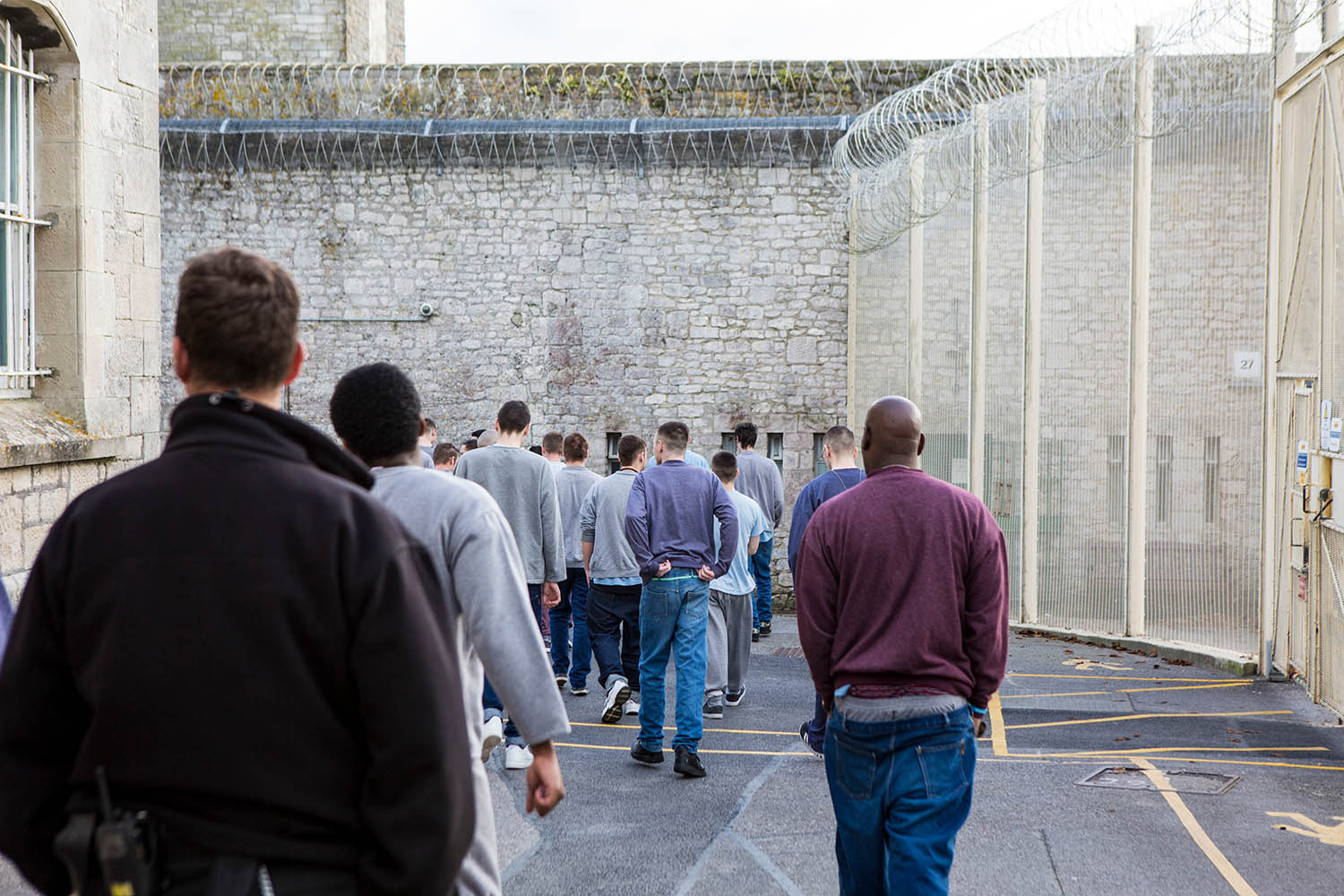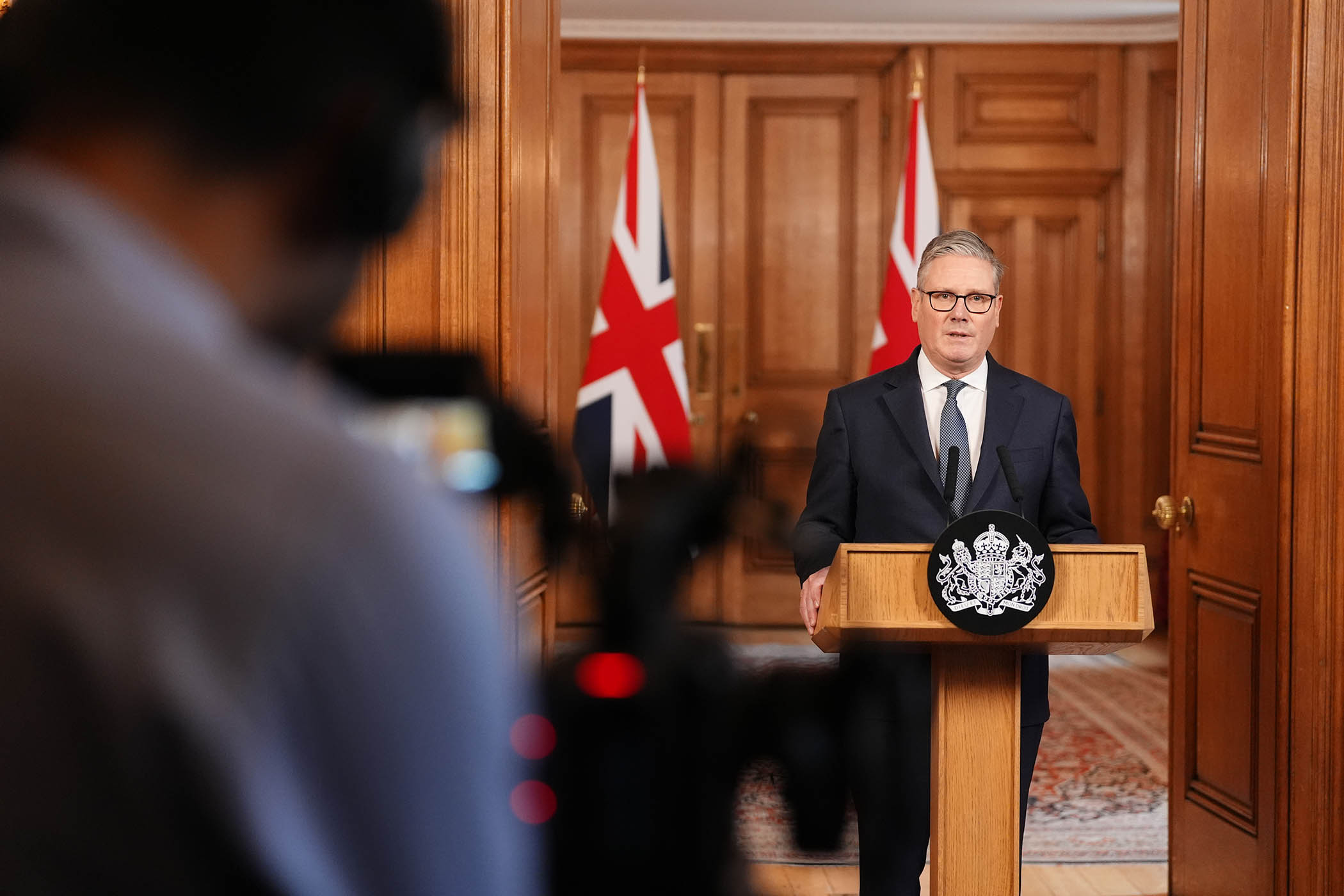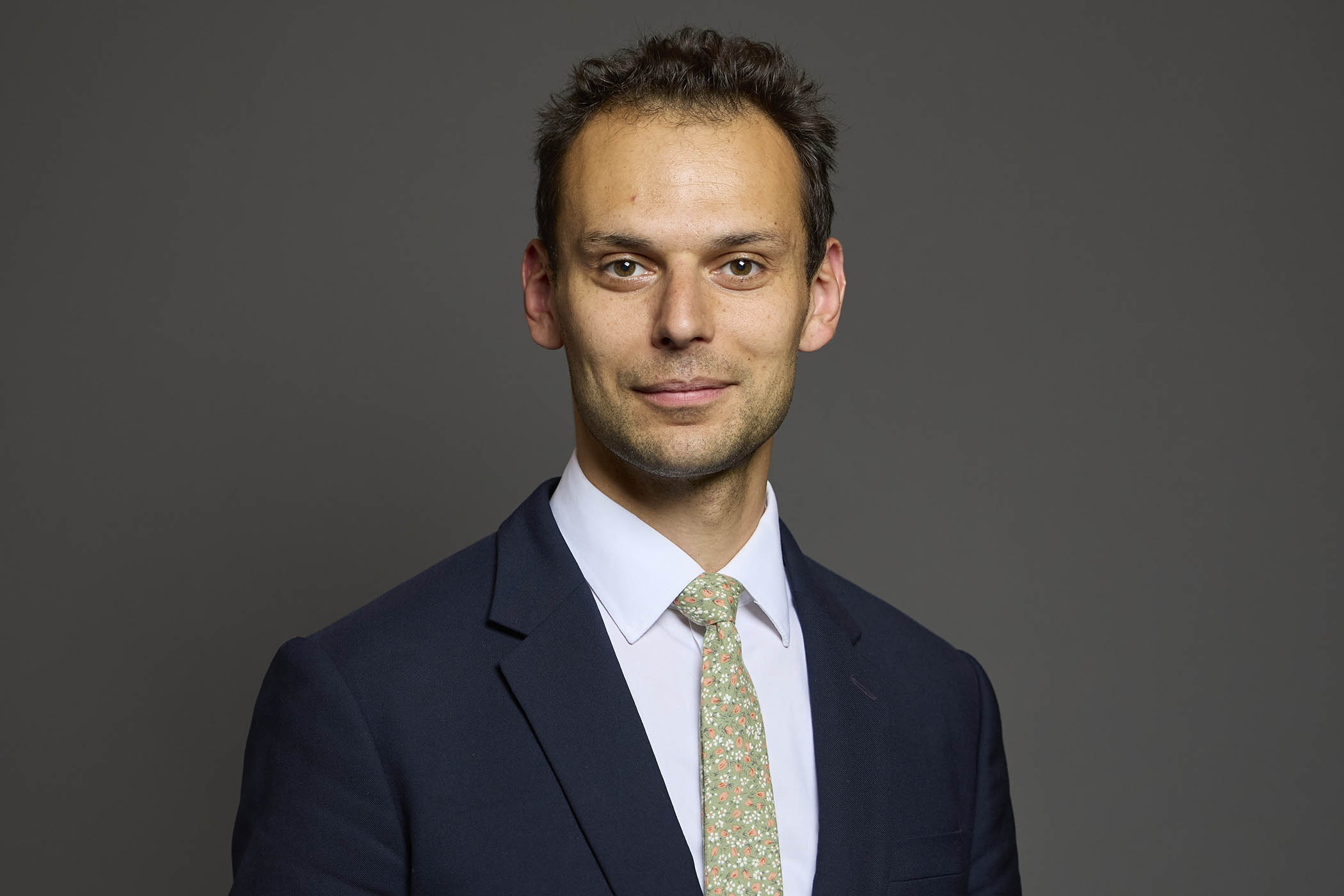Winston Churchill once said that the way a society treats its criminals “is one of the most unfailing tests of the civilisation of a country”. This nation is failing that test. Prisons are desperate, dangerous places, unable to perform their role of rehabilitating inmates and making them less likely to reoffend. Drugs, violence and self-harm are rife. With too many prisoners locked up for 23 hours a day, education and training are all but impossible. It is shocking that almost 10% of male prisoners develop an addiction in jail. It is appalling that three-quarters of prisoners have literacy levels below those expected of an 11-year-old, but are not being taught to read and write in custody.
When 80% of offending is reoffending, the current approach is not reducing crime: it is in fact making the streets less safe. The government has been forced to free up space – through the early release scheme and changes to the recall system – but the jails are running out of places again. Even the £10bn prison- building programme will not be enough to plug the gap.
The radical changes to the sentencing regime, to be set out this week by David Gauke, the former Conservative justice secretary, are therefore not only welcome; they are essential. Keir Starmer, the prime minister, and Shabana Mahmood, the justice secretary, are said to be supportive of the reforms and they must have the courage to implement them. Aspects of the plans will be controversial but the alternative is even more unpalatable, because the criminal justice system is on the verge of collapse.
The current crisis in the jails has been created by politics as much as policy. Over the past 30 years, the prison population has doubled, driven by a rise in sentence length. In an attempt to look “tough on crime”, home secretaries have legislated to introduce higher tariffs for certain offences. As Gauke points out, a form of “penal populism” has left the UK with the highest incarceration rate in western Europe.
Of course the most dangerous criminals must be locked up. The courts and the prisons are, however, stuck in a doom loop of retribution and reoffending. There is a mismatch between the “tough on crime” rhetoric and a system that is creating more victims. Official figures show 35% of adults who leave prison in England and Wales go on to commit another offence, rising to 59% of those who have served short custodial sentences. In Norway, which puts a greater focus on rehabilitation, the figure is only 20% .
Smart on crime
Robert Jenrick, the hyperactive shadow justice secretary, and Nigel Farage, the man he is chasing, are bound to criticise the reforms as “soft on crime”, but the only way to be tough on crime is to curb recidivism. That means dealing with the causes of offending – drug or alcohol addiction, mental health problems or illiteracy – rather than simply locking people up. In any case, when a prison place costs £54,000 a year, it is unaffordable to keep sending more people to jail for longer.
Starmer is at his best when his actions are in line with his values. As a former director of public prosecutions, the prime minister understands the damage caused.
In Texas it was a rightwing Republican governor, Rick Perry, who drove through prison reform on the grounds that sending so many to jail was a waste of money. Since he embarked on the programme in 2007, the prison population has fallen by 15% and the state has closed 16 jails while its crime rate is down by 29%. He explained that the changes “did not make Texas soft on crime. It made us smart on crime.” Starmer must seize this moment. The truly reckless choice would be to do nothing. It is time to put the public interest before politics on law and order.
Photograph by In Pictures Ltd./Corbis via Getty Images
Newsletters
Choose the newsletters you want to receive
View more
For information about how The Observer protects your data, read our Privacy Policy



